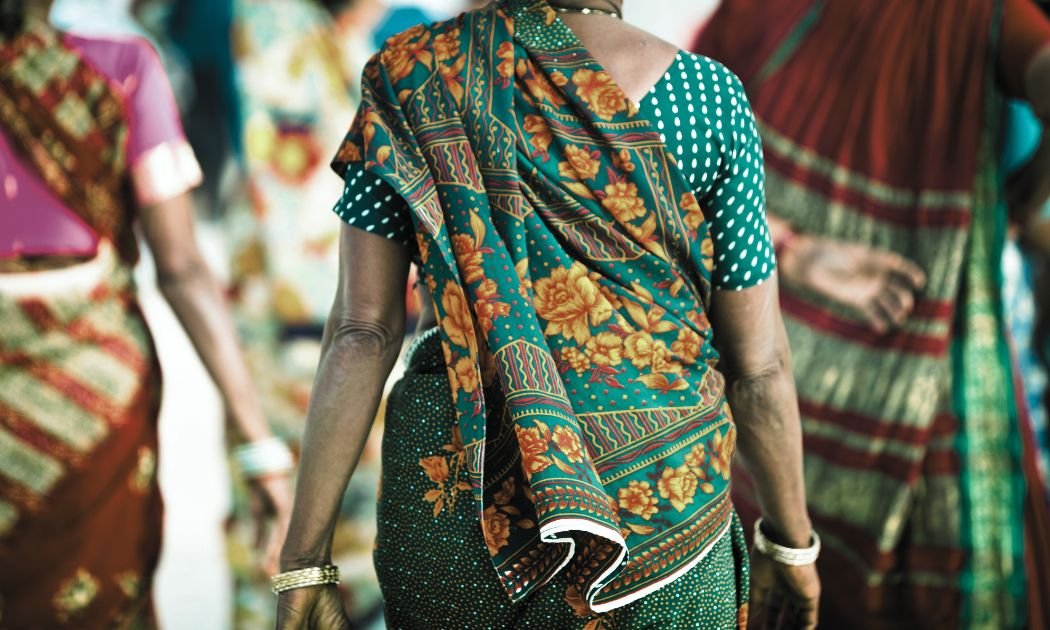Supreme Court: Law Needed to Protect Domestic Workers’ Rights
‘Indispensable Yet Marginalised Workforce’
January 30, 2025The Supreme Court noted the absence of statutory safeguards for millions of domestic workers in India and directed the Union government to consider passing a protective law. The court observed that this workforce remains exposed to exploitation and poor conditions without proper legal rights.
The court stated on Jan. 29 that no dedicated legislation currently exists to protect people employed in private homes, calling them “indispensable yet marginalised workforce in India … vulnerable to exploitation, low wages, and poor working conditions with little or no legal recourse,” as reported by Hindustan Times.
In its directive, the court invoked the doctrine of parens patriae and instructed the labour, social justice, and women and child development ministries to form a committee of experts. This group must submit a report within six months, after which the government must consider creating a legal framework aimed at protecting the rights and dignity of domestic workers.
The doctrine of parens patriae refers to the government’s authority to act as the legal protector of citizens who are unable to protect themselves.
Official records place the number of domestic workers at 4.2 million, while other estimates exceed 50 million. They remain part of an informal and unregulated sector, often performing cooking, cleaning and washing tasks within private homes. The majority of workers are women, many migrating from rural or tribal areas.
No specific labour laws recognise domestic workers as formal employees. The informal nature of domestic work—often sporadic, without clear terms of employment and performed within private households—complicates the enforcement of labour laws. As a result, domestic workers rely on employers for fair wages and safe conditions.
Their pay often falls below the minimum wage set for unskilled or semi-skilled employees in other sectors. A 2022 study by the Indian Institute of Human Settlements found that domestic workers’ wages varied from 1,000 rupees to 10,000 rupees in Chennai, and 2,000 rupees to 13,000 rupees in Bengaluru. According to the study, while 51% of employers in Chennai felt their wages were adequate, more low- and medium-income households considered themselves “generous,” indicating slim chances for wage increases, as noted by IndiaSpend.
Some domestic workers live with their employers and work up to 15 hours a day, seven days a week, as noted by National Domestic Workers’ Movement (NDWM). Others move between several households, working eight to 10 hours every day. Leave, medical assistance and rest periods depend on employers’ discretion. Many domestic workers, particularly live-ins, may not be allowed to use phones or stay in touch with friends or relatives, leading to loneliness and isolation.
In certain cases, domestic workers experience accusations of theft when items go missing. Threats, physical violence and police interrogation have been reported in these situations, according to NDWM.
Workers often come from low-income backgrounds and can be illiterate, which reduces their bargaining power. Some are below 14 years of age, and they may be tasked with responsibilities historically associated with lower castes, contributing to feelings of insecurity or inferiority. The terms “servants” and “maids” are frequently used to describe them, and the stigma linked to household tasks in the caste-based social hierarchy adds to the disadvantage faced by this workforce, says NDWM.

